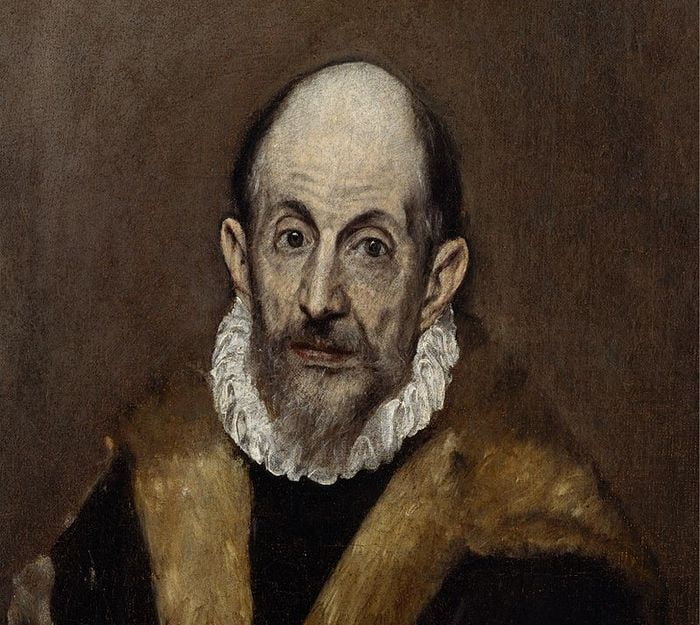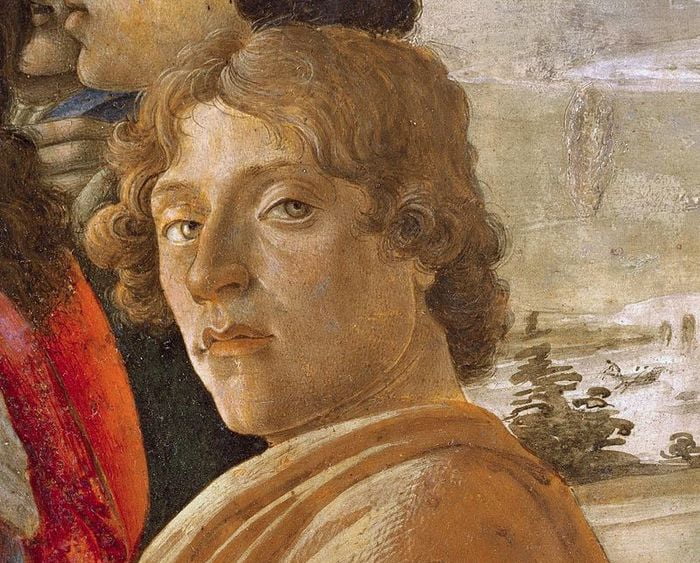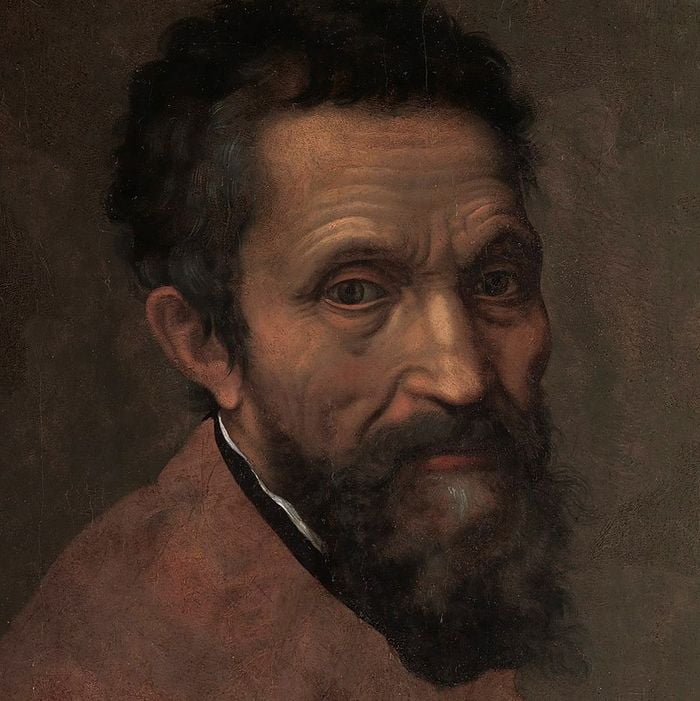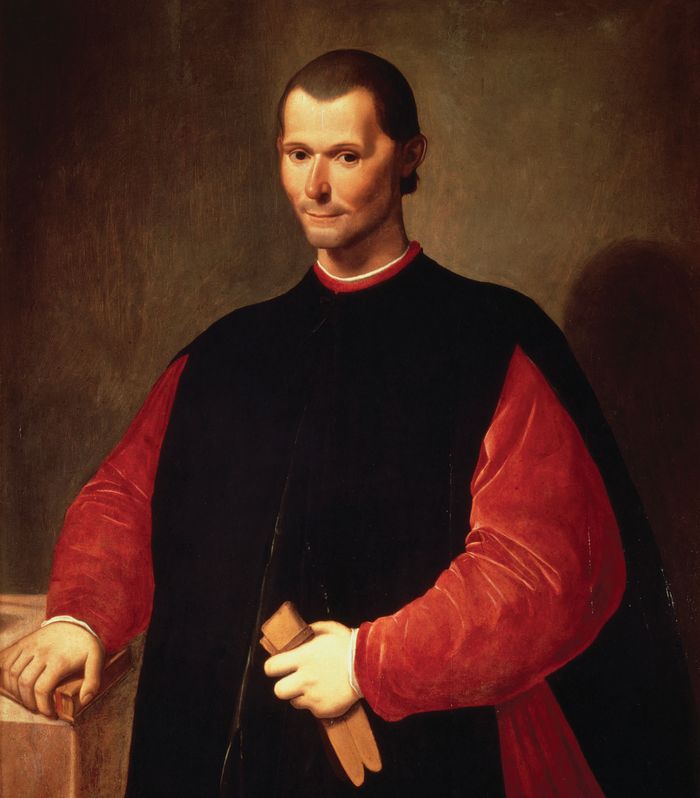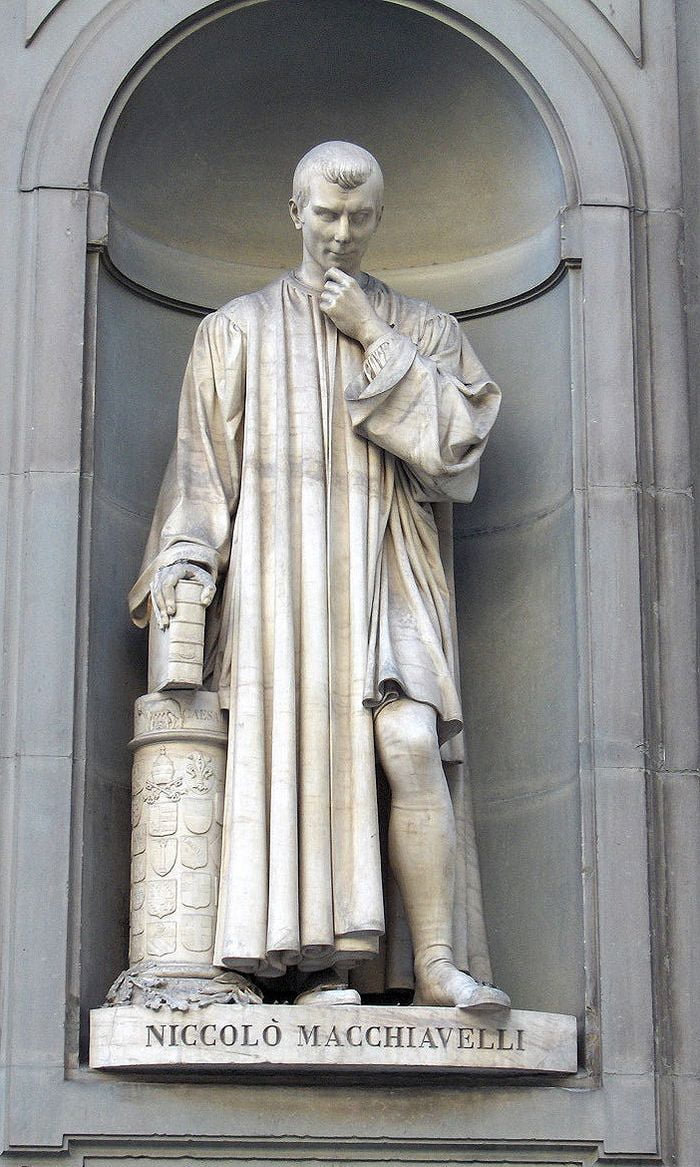Belphagor – Niccolo Macchiavelli (1464-1527)
Macchiavelli is best known to the world as author of a famous book on statecraft, entitled The Prince, and of a History of Florence. Like many of the remarkable men of his time, he was an inquiring and many- sided person: statesman, intriguer, political theorist, dramatist, and story-teller. Belphagor, exceptional among early Italian stories, is not part of a collection, and was published after the author’s death. This tale is a spirited retelling of an old subject, familiar to every student of comparative literature.
The present version is translated by Thomas Roscoe, and reprinted from his Italian Novelists, London, no date.
Belphagor
We read in the ancient archives of Florence the following account, as it was received from the lips of a very holy man, greatly respected by every one for the sanctity of his manners at the period in which he lived. Happening once to be deeply absorbed in his prayers, such was their efficacy, that he saw an infinite number of condemned souls, belonging to those miserable mortals who had died in their sins, undergoing the punishment due to their offences in the regions below.
He remarked that the greater part of them lamented nothing so bitterly as their folly in having taken wives, attributing to them the whole of their misfortunes. Much surprised at this, Minos and Rhadamanthus, with the rest of the infernal judges, unwilling to credit all the abuse heaped upon the female sex, and wearied from day to day with its repetition, agreed to bring the matter before Pluto. It was then resolved that the conclave of infernal princes should form a committee of inquiry, and should adopt such measures as might be deemed most advisable by the court in order to discover the truth or falsehood of the calumnies which they heard.
